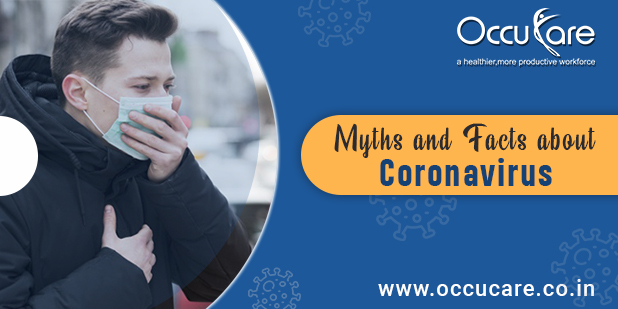What is corona virus?
Coronavirus is the name given to a group of small particles causing mild respiratory illness. It primarily spread by
airborne droplets while coughing and sneezing.
Coronavirus affects the nose, throat, and lungs. An affected person develops symptoms like fever, cough, and cold. In
very limited cases it produces breathlessness, pneumonia, and other severe symptoms. Older people and people
with pre-existing medical conditions (such as diabetes and heart disease) appear to be more vulnerable to becoming
severely ill with the virus.
In the past, it has caused two epidemics which affected thousands of people. The virus caused this epidemic was
named as SARS-CoV and MERS-CoV.
During 2020, a new member of the Coronavirus family has caused epidemic which now turned in to pandemic. It is
believed to be started from Wuhan city of China. This virus is named as COVID-19 as it first appeared in
December-2019. Till now it has infected more than 4 million people globally. It has caused more than 3 lakhs deaths
across the globe.
A health department is on alert and working in close coordination with international agencies like WHO, CDC, etc. to
implement guidelines.
Myths and Facts about Coronavirus
Myth: One will die immediately if he gets coronavirus infection.
Fact: Less than 2% of infected people have died compared to other infections.
Myth: I am safe if I wear mask.
Fact: Mask is made for prevention. It will help in prevention of transmission of infection.
Myth: Coronavirus is cured with some herbs and home-based remedies.
Fact: Very little is known in this regards. There is no evidence of any such remedy curing infection.
Myth: Flu shot or pneumonia vaccines shall save me from coronavirus.
Fact: No vaccines have been proved to prevent coronavirus infection.
Myth: Few particular races are more prone to die from infection or transmit infection.
Fact: Coronavirus infects all people at equal rate. It is not race specific.
Myth: Thermal scanners are effective in detecting coronavirus infected people.
Fact: Thermal scanners can detect people with fever; it is not specific for coronavirus infection.










































































